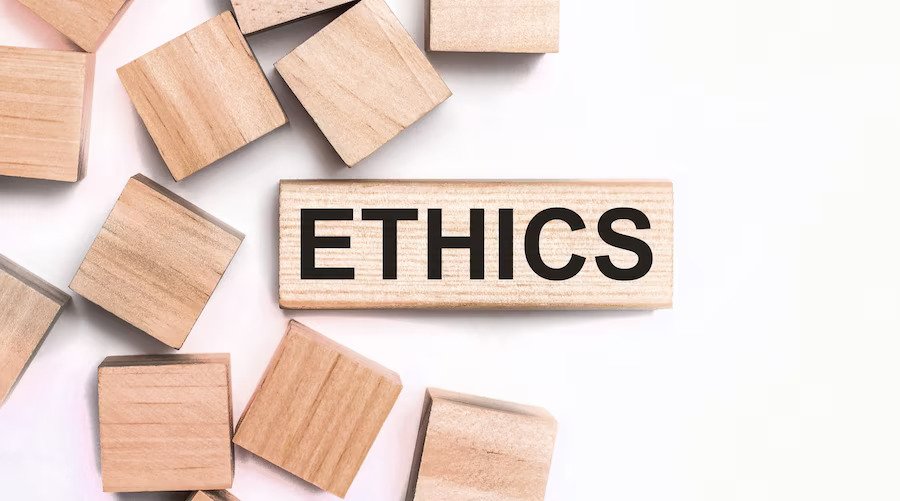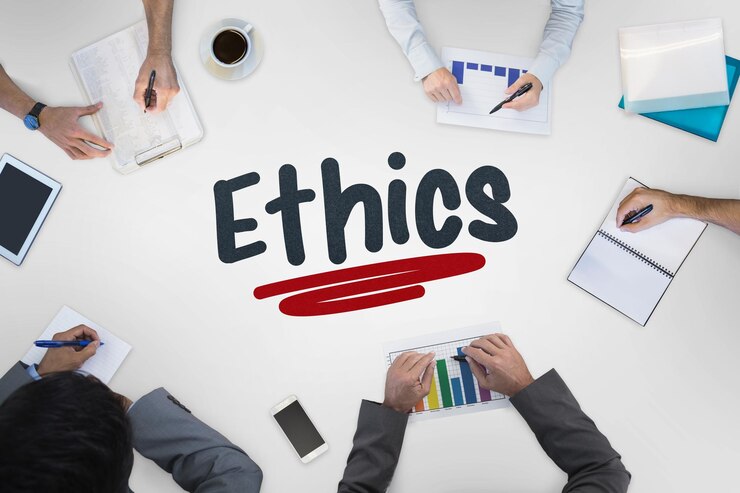Strategies For Building A Strong, Ethical Culture
6 Mins Read
Published on: 23 May 2023
Last Updated on: 17 February 2024

toc impalement
In today’s fast-paced and dynamic business environment, companies face a myriad of challenges when it comes to building a strong, ethical culture.
The pressure to meet targets, deliver results, and satisfy shareholders often takes priority over ethics and morality. However, a strong, ethical culture is essential for long-term success, employee retention, and customer loyalty.
Here Are Five Prime Steps For Building A Strong, Ethical Culture

In this blog post by Dribbin & Brown, we will explore some strategies businesses can adopt to build a strong, ethical culture.
1. Lead by Example
Leaders play a critical role in shaping the culture of their organization. As such, it is imperative that leaders model the behavior they want to see in their employees.
This means being transparent, honest, and ethical in all their internal and external dealings. Leaders must be held to a high standard, and any unethical behavior must be swiftly dealt with, to ensure that the message is clear: ethical behavior is non-negotiable. This is where the role of ethics assessment organization, like Arrowhead Economics, becomes crucial.
2. Establish a Code of Conduct
A code of conduct is a set of rules and principles that guide the behavior of employees within an organization. It should articulate the values and ethics that the company holds dear and should be communicated to all employees.
A code of conduct provides a clear framework for decision-making, ensuring that employees understand what is expected of them. A strong code of conduct must be comprehensive, covering all aspects of the business, including social media, bribery, and corruption. It should also be reviewed regularly to ensure it remains up-to-date.
3. Provide Ethics Training
Ethics training is an essential component of building a strong, ethical culture. Employees need to understand the importance of ethics and how it applies to their daily work. Providing ethics training also helps to create a common language and understanding of ethical behavior, ensuring that everyone is on the same page. This training should be provided to all employees, from the CEO to the newest hire.
4. Encourage Whistleblowing
Whistleblowing is the act of reporting unethical or illegal behavior within an organization. Encouraging whistleblowing is an essential component of building a strong, ethical culture. It ensures that employees feel comfortable reporting any unethical or illegal behavior, without fear of retaliation. Whistleblowers must be protected, and their concerns must be taken seriously. Failure to protect whistleblowers can have significant legal and reputational consequences for the company.
5. Conduct Regular Audits
Regular audits are an essential component of building a strong, ethical culture. Audits help to identify any areas of the business that may be at risk of unethical behavior, such as conflicts of interest or financial impropriety. Regular audits also provide an opportunity to ensure that policies and procedures are being followed correctly and that any issues are identified and addressed promptly.
6. Foster an Inclusive Environment
An inclusive environment is one where everyone feels valued and respected, regardless of their background, ethnicity, gender, or sexual orientation. Building an inclusive environment is essential for building a strong, ethical culture. When employees feel included, they are more likely to feel comfortable reporting unethical behavior, and they are more likely to behave ethically.
7. Implement a Zero-Tolerance Policy
A zero-tolerance policy is a clear statement that unethical behavior will not be tolerated within the organization. This policy must be communicated to all employees and enforced consistently. A zero-tolerance policy ensures that everyone understands the severity of unethical behavior and the consequences that follow. It also provides a clear message to customers and stakeholders that the company takes ethics seriously.
8. Partner with Experts
Partnering with experts in ethics, compliance, and criminal law can provide valuable insights and guidance on building a strong, ethical culture. Experts can help companies identify areas of risk, provide training, and offer advice on best practices. They can also provide independent assessments of the company’s ethical practices, ensuring that the company is meeting its obligations
The Link Between an Ethical Culture and Employee Retention
Employee retention is an ongoing challenge for businesses across all industries. One way to improve retention is by building a strong, ethical culture. When employees feel valued and respected, they are more likely to stay with the company long-term.
A culture of ethics helps to create a sense of purpose and a shared commitment to doing the right thing, which can improve employee engagement and job satisfaction. Additionally, a company that is known for its ethical practices is more likely to attract top talent, further strengthening the workforce.
The Legal Implications of an Unethical Culture
An unethical culture can have significant legal implications for a business. If a company is found to have engaged in illegal or unethical behavior, it can face hefty fines, legal action, and reputational damage. In some cases, criminal charges may be brought against the company or its executives.
For example, if a company is found to have engaged in bribery or corruption, it may violate anti-bribery laws. Failure to comply with these laws can result in significant legal and financial consequences. Therefore, it is essential for businesses to prioritize ethics and ensure that they are operating within the bounds of the law.
Top Mistakes to Avoid When Building an Ethical Culture

Building an ethical culture is not a simple task, and there are several common mistakes that companies make when trying to achieve this goal.
Here are some top mistakes to avoid:
A. Lack of leadership support
Without strong leadership support, an ethical culture is unlikely to take root. Leaders must model the behavior they want to see and ensure that ethical behavior is prioritized.
B. Inadequate training
Ethics training must be comprehensive and ongoing, covering all aspects of the business. Failure to provide adequate training can result in confusion or misunderstandings about what is expected of employees.
C. Failure to communicate
A code of conduct is only effective if it is communicated effectively. It is essential to ensure that employees understand the code of conduct and how it applies to their daily work.
D. Inconsistency
Enforcing ethical behavior inconsistently can send mixed messages and undermine the effectiveness of an ethical culture. Companies must ensure that they are enforcing their policies and procedures consistently and fairly.
E. Ignoring feedback
Feedback from employees, customers, and other stakeholders is essential for identifying areas of improvement and addressing concerns. Failure to listen to feedback can result in missed opportunities to improve the ethical culture of the company.
By avoiding these common mistakes, companies can build a stronger, more ethical culture that benefits employees, customers, and the company itself.
The Key Takeaways
In conclusion, building a strong, ethical culture is essential for the long-term success of any business. An ethical culture fosters a sense of shared purpose, creates a positive work environment, and can improve employee engagement and retention.
Moreover, a strong culture of ethics helps to ensure that a company is operating within the bounds of the law and avoids costly legal and reputational consequences.
HR managers play a critical role in building an ethical culture by ensuring that policies, procedures, and training programs are in place to promote ethical behavior. Additionally, it is important for companies to measure the effectiveness of their ethical culture through key metrics, including employee turnover, customer satisfaction, and legal compliance.
By prioritizing ethics and avoiding common mistakes, businesses can create a culture that not only benefits employees, but also improves the bottom line. Ethical business practices are not only the right thing to do, but they also make good business sense. In today’s increasingly competitive marketplace, companies that prioritize ethics will ultimately emerge as leaders in their industries.
Read Also:


















Comments Are Closed For This Article